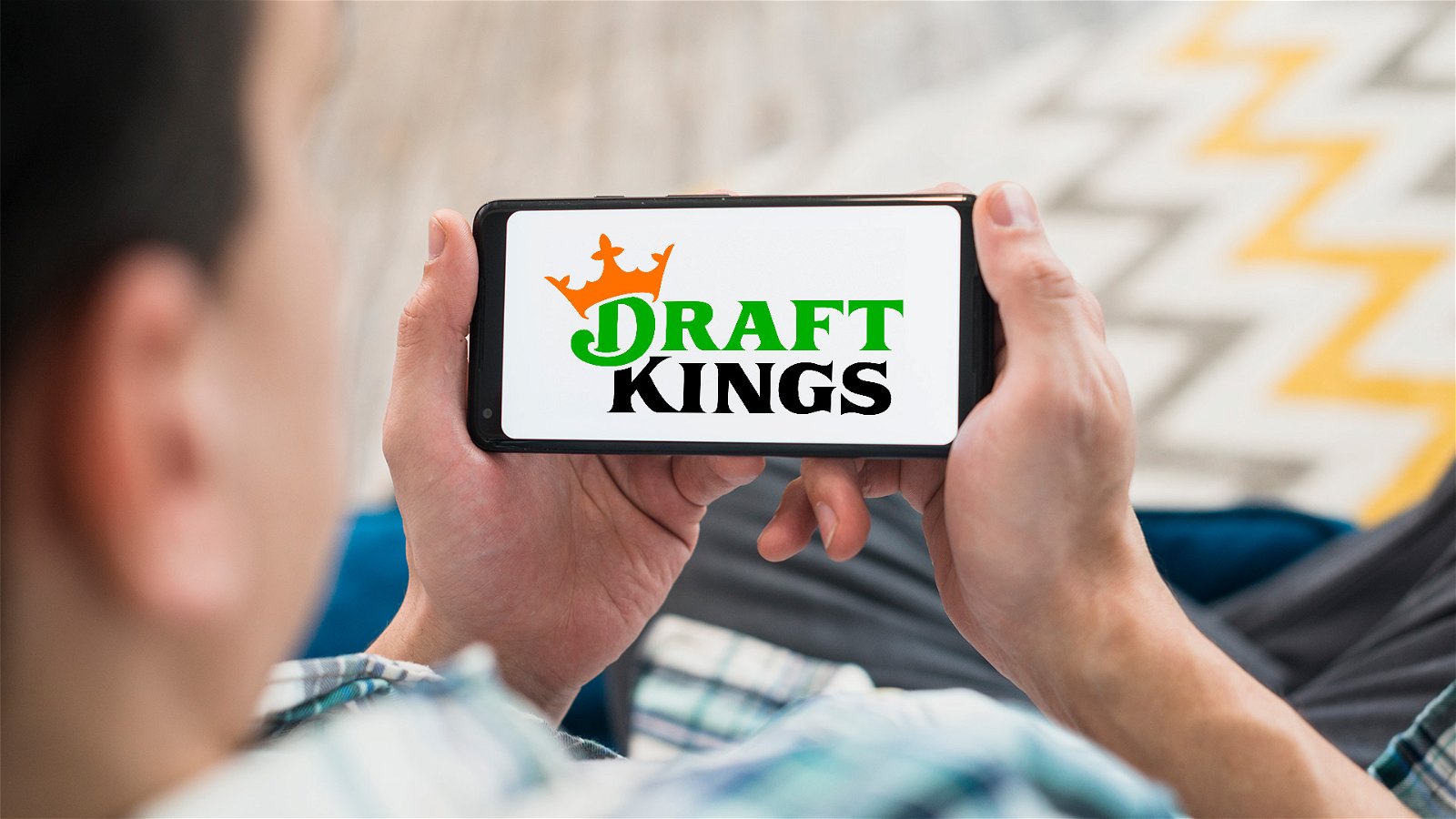Following the launch of sports betting in the state of Massachusetts, a tidal wave of advertising has been unleashed, from TV ads and billboards to social media posts, aimed at drawing bettors to place wagers on games.
As a result, the Massachusetts Gaming Commission is weighing regulations that would make it illegal for sportsbooks to form agreements with third-party marketers that are contingent on the number of customers acquired, the number of wagers placed, or the results of bets. If approved, it would be one of the toughest regulations for third-party marketing in the nation.
FanDuel, DraftKings, and other sportsbooks have been hyping the new multibillion-dollar industry with a barrage of ads featuring celebrities and athletes and offering sign-up bonuses and other benefits to lure players. However, the advertising free-for-all has already caught the attention of state regulators, many of whom have expressed concerns about the potential for a flood of predatory marketing swaying players to bet more than they should on games.
Earlier this month, the Commission approved a temporary waiver allowing revenue-sharing agreement deals between sportsbooks and third-party groups such as apps, websites, and cable companies. The waiver is set to expire on April 14, when the panel is expected to approve new rules, which could include tougher restrictions.

Initially, state regulators banned third parties from participating in licensed marketing agreements with the sportsbook operators. But they reversed that decision after hearing from marketing firms who were being told by operators they wouldn’t be compensated for any business they steer toward licensed sportsbooks.
The advertising storm is also drawing the attention of Attorney General Andrea Campbell, whose office sent a nine-page letter to the Gaming Commission, urging the commission to set “meaningful guardrails governing how mobile sports wagering is marketed and promoted.”
“Any smartphone is on the verge of becoming a digital sportsbook,” Campbell’s office wrote, as reported by The Daily News. “With this expansion, the population of gamblers — and potential problem gamblers — may grow substantially.”
Attorney General Andrea Campbell
The stakes are high, with hundreds of millions of dollars in potential revenue for companies that tie their operations to an established sportsbook. Last month, three casinos licensed to take sports bets brought in more than $25.7 million from games, according to state regulators. Not included in this figure is the revenue from mobile sports betting, which became available on March 10 when six sportsbooks began taking bets through apps and other digital platforms.
Multimillion-dollar deals already being inked between media companies and sportsbooks will likely continue the barrage of advertising. Last week, New England Sports Network announced a multiyear deal with FanDuel that will include commercials, sponsorships, and pregame events featuring the sportsbook. The deal designates FanDuel as the “premiere sportsbook partner” of NESN’s Red Sox and Bruins game day coverage.

Third-party groups argue they aren’t just hyping the new industry but providing useful information for bettors about how to navigate a complex system of placing bets on games. Some industry-affiliated websites have marketing agreements with sportsbooks or media companies and post in-depth sports betting education on various operators.
“We make offers through those sportsbooks,” said Lou Monaco, a gaming analyst for the BetMassachusetts.com website. “We’re technically advertising, but it is not like radio or TV, where you’re being inundated. It’s more like behind-the-scenes advertising.”
Massachusetts lawmakers authorized sports wagering for adults 21 years of age and older in August and set up a system to tax and regulate the multibillion-dollar industry. To date, 35 states and Washington, D.C., have legalized sports betting since a 2018 U.S. Supreme Court decision striking down a federal law prohibiting sports gambling, according to the American Gaming Association.
Original article: https://www.yogonet.com/international/news/2023/03/22/66555-massachusetts-regulators-weighing-tougher-restrictions-on-thirdparty-sports-betting-marketing















